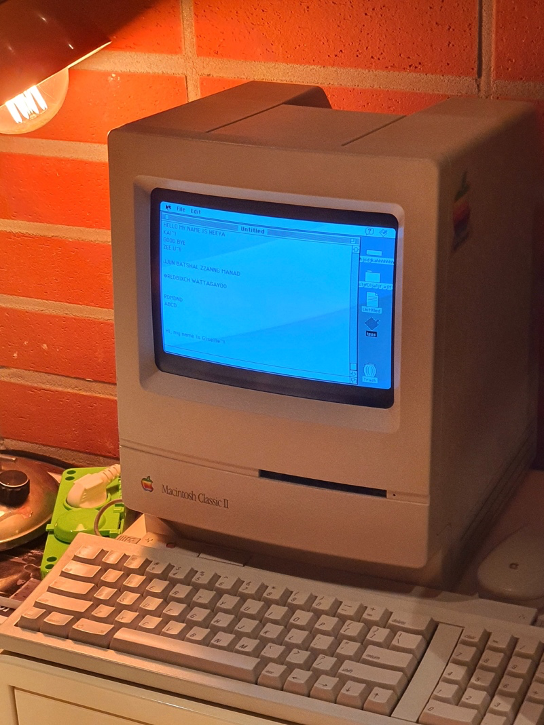Almost all of us take advantage of the cloud, whether it’s for work, a hobby, or just everyday life. Uploading pictures and documents to store online is just about second nature. But have you ever wondered how it began, and how we got this far? Read on to learn a brief history of the cloud!

The 1950s and 1960s
Can you believe cloud computing data was imagined as early as 1950? Like many pieces of technology, it was first proposed by the military as a way to connect computer terminals. At the time, though, this was insanely expensive. A decade later, the scientific community got ahold of the idea. Forbes writes about J.C.R. Licklider, a computer scientist and psychologist who envisioned both the internet and the cloud in his papers. The Advanced Research Projects Agency Network (ARPANET) also began development partly due to his work. This would lead to the cloud that we know and love today.
The 1990s and 2000s
The term “cloud computing” was officially coined in 1996. Then, just a few years later in 1999, Salesforce became the first company to utilize Software as a Service (SaaS). Naturally, this would lead to Platform as a Service (PaaS), and Infrastructure as a Service (IaaS), which would become invaluable tools in the industry.
Google CEO Eric Schmidt, however, gets the credit for introducing the term “cloud computing” later, at a 2006 industry conference. After that, other huge companies began following suit. Amazon, for instance, created EC2 in August of that year, and Netflix launched its first streaming site in 2007. You may not picture the cloud when you think about binge watching shows, but it’s all connected.
Present Day

Today, the cloud holds many functions. Before, only the public and private clouds were well known, but now hybrid cloud models are becoming more and more common in business settings. Global spending even exceeded $480 billion last year—wow! So what does that mean for the future? Well, an influx in spending means advancement, and new opportunities for growth within the cloud, particularly with the newer hybrid models. Maybe they will even become the norm! What do you think will happen with cloud computing technology?
Now that you know more about cloud history, are you ready to go to the next level with cloud storage? Check us out at AiNET, where we will keep your systems running smoothly.
